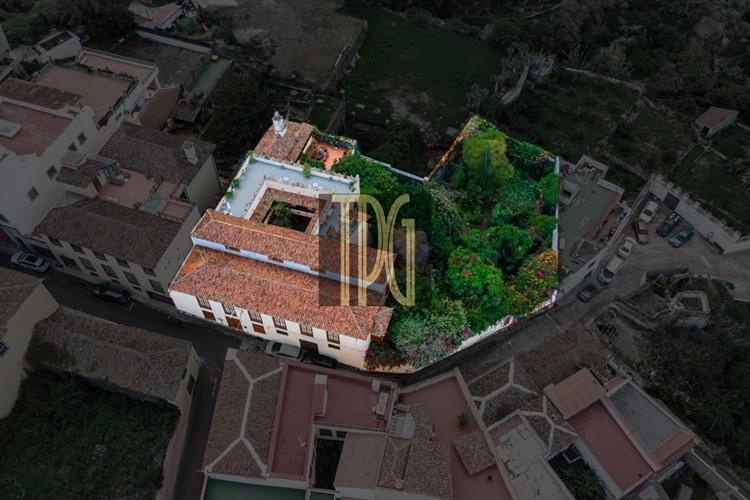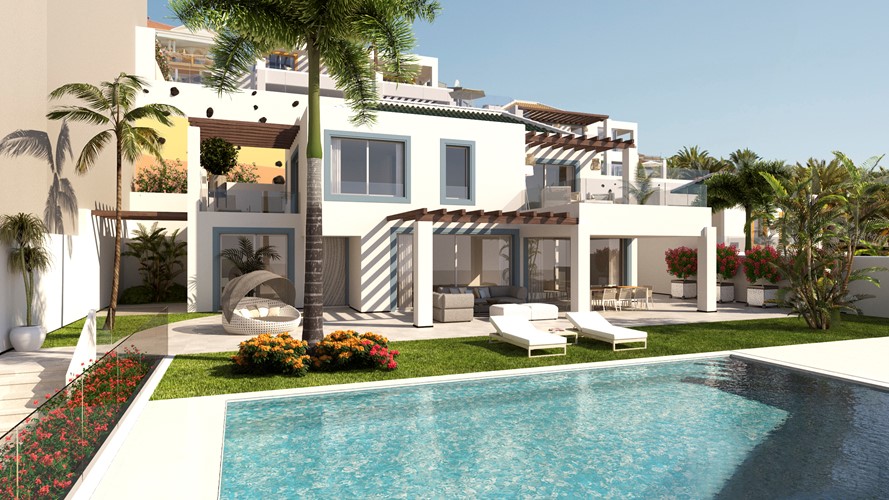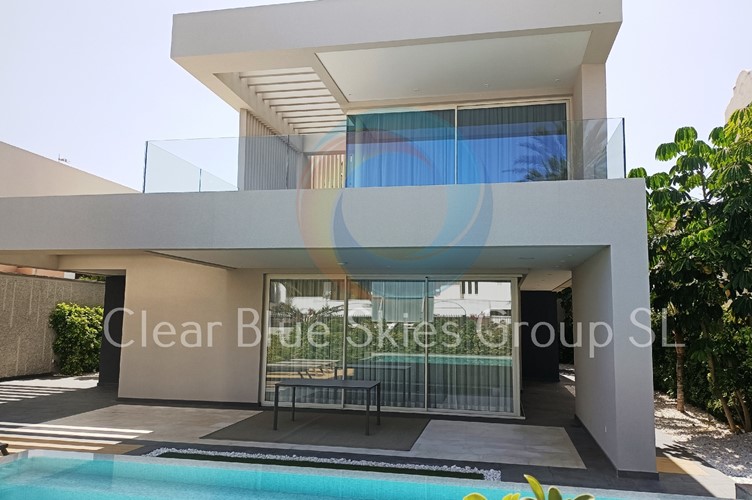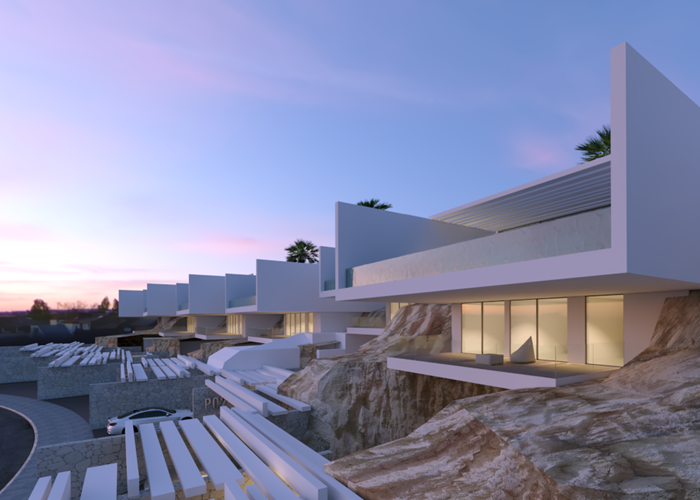A unique 17th Century Mansion House that was built in 1670 for the Military Governor of the Island. When the nearby port of Garachico was overrun by lava from an eruption from the Teide Volcano in 1706, the Port of the island was moved to Santa Cruz. The Governor moved also to Santa Cruz, and the house lost its original purpose. The use of the house in the following years is vague however there is a copy of an Escritura of the house dating back to 1923 and it is known about this time there was a small shop in the front of the house, where the Nelson Study is now, selling domestic items. The house had deteriorated sadly and the three surviving sisters of the family ended up in a care home.
When the current owners purchased the house in 2004 it had been empty for 15 years. The last 18 years they have spent restoring the house using the original stone where possible, and Tea wood throughout, which is a heavy indigenous resinous pine tree found in Tenerife and La Palma Islands and resistant to termites.
Originally the ground floor was used mainly for stabling horses and most of the surrounding houses were at that time used for staff associated with the Governor.
The ground floor off the main entrance now houses the India room, with furniture and artifacts brought from India by the current owners, and the Study which has paintings and memorabilia of Admiral Nelson who famously attacked Tenerife and was defeated and not only lost the battle but also his arm, and recuperated excellently, staying with the Governor for a year before returning to England. Other pictures in the room are of Shakespeare, Henry 8th of England, and his 6 wives including his first wife Katherine of Aragon, The Tzar, and Tzarina of Russia amongst others. There is also a lovely working fireplace.
Going through the entrance hall is the central Patio., now housing a fish pond with a central fountain and surrounded by ferns and stone seating.
Apart from doors to the India room and Study, there is access to the lift to the two floors above and the door to the Gallery which houses 18 paintings of The Virgin Mary by different artists but all with the fascinating sublime look of serenity and tranquility. There is also an exquisitely carved Cabinet, desk and chair thought to have belonged to an Elite Lawyer on the peninsular and three Masonic chairs having belonged to the current owners of Masonic Temples in Central London. At the end of the patio can be found two bedrooms en suite with shower rooms. To the right, there is an entrance to a small shaded patio which the window of the adjacent shower room looks out onto, and an adjoining room used as a sewing room. Next to the main staircase is the entrance to the area not yet fully completed, housing an office with three more rooms and another large entrance door to the street, and an entrance to the upper level of the garden.
Through the exit door of the patio is the wardrobe of the house with a fountain in front and then steps to the garden and steps above the water
tank for the water storage of the private 2 fresh water sources for the house and the laundry, with a casual cooking area and a stone table and benches with a view of the garden. There is a stone staircase to the first floor with the dining table above for casual cooking below, with a further collection of blue and white china similar and complementing those in the main Kitchen.
From the patio, one takes the main tea wood staircase to the large landing which leads into the three principal rooms of the Drawing Room, the Sitting Room, and the Dining Room all interconnecting. All three rooms are furnished with antique furniture, an abundance of paintings, wall brackets, and chandeliers throughout. Off the dining room, which seats 12, there is a closed tea wood balcony overlooking the garden. The curtains in these rooms and throughout the house are made by the Davila family who has made curtaining for Buckingham Palace and many aristocratic homes in England with the very top designers.
The kitchen leads off the dining room and also has a door to the sitting room as well as to the main landing. Two antique carved sideboards and a carved cabinet with a table for kitchen dining with six antique chairs, together with purpose-built storage predominate the room, with marble-topped surfaces where appropriate and a large collection of blue and white china on the walls. All appliances are electric for climate change with 2 Zanussi ovens, a Samsung fridge/freezer, 2 Lazer 3-ring induction plates, an electric Salamander, a Bosch microwave oven, and a Siemens steamer Oven.
From the main landing which houses 5 marble side tables with Chinese pots and a fascinating collection of religious statues on the walls collected from all over the world, two doors connect to a triangular walkway over the central patio, with three bedrooms, two with magnificent Fourposter beds and one with a Corona, all en suite with shower rooms. The passage leads to the fourth bedroom with the room alongside, used as a dressing room but ready to be its shower room and wardrobe.
From the main landing, there is a staircase and the lift for the Library, and the roof terrace above on the second floor.
The library extends the whole length of the house and has an extensive collection of books, mainly in English but some in Spanish and French covering many subjects from History to Cooking and Gardening to Novels, Dictionaries, and Encyclopedias together with Art on the walls where there is space! Two doors lead out onto the roof terrace, which has magnificent views of the Drago tree and park and the Teide Volcano on one side, and the banana fields and sea on the other side. The terrace is decorated with statues of griffins and dragons and troughs of plants.
The garden of the house is arranged into three tiers of height. It has another entrance onto the street and the side door may well have been the entry of number 9 as the house currently has two numbers 7 and 9, number 9 no longer exists. In the garden next to the house can be found a storage room and a pump room for the water system in the house.
The land is Urban and subject to planning consent can be built. Planning consent which has expired was recently given to the current owners, for a double garage but was not completed. However many ideas have been suggested, depending on the use of the main house. If the house was to be kept as a house this could well be a garage with staff quarters above.
The neighborhood is very quiet with the road being a cul de sac with the Chapel of Las Angustias at the end with the famous statue of Mary of Angustias which was loaned last year to the museum in Madrid and has just been returned.
Measurements. - These are only of the main rooms. There are many more.
Ground floor:
Entrance hallway - 3.38m x 7.57m = 13.82m
Room - 5.00m x 5.05m = 25.70m
Room - 5.77m x 3.28m = 18.95m
Room - 3.38m x 7.57m = 25.66m
Bedroom - 3.39m x 3.34m = 11.35m
En-suite - 3.28m x 3.12m = 10.26m
Bedroom - 3.38m x 3.04m = 10.35m
En-suite - 2.97m x 1.97m = 5.89m
Sewing room - 3.69m x 4.62m = 17.09m
Small terrace - 4.12m x 3.14m =12.98m
W/C - 0.94m x 2.40m = 2.26m
Second floor:
Landing area - 3.25m x 10.28m = 33.47m
Piano room - 10.80m x 5.23m = 56.59m
Lounging area - 5.80m x 5.68m = 32.99m
Main dining room - 5.10m x 5.21m = 26.58m
Kitchen/dining area - 3.34m x 8.74m = 29.24m
Bedroom - 4.46m x 7.63m = 34.06m
En-suite - 3.31m x 2.16m = 7.17m
Bedroom - 3.22m x 6.43m = 20.75m
En-suite - 0.93m x 2.98m = 2.77m
Bedroom - 3.30m x 5.12m = 16.94m
Dining area - 4.32m x 2.83m = 12.25m
Bedroom - 3.37m x 5.64m = 19.08m
En-suite - 3.44m x 1.99m = 6.87m
Top floor:
Library - 3.19m x 19.97m = 63.78m.
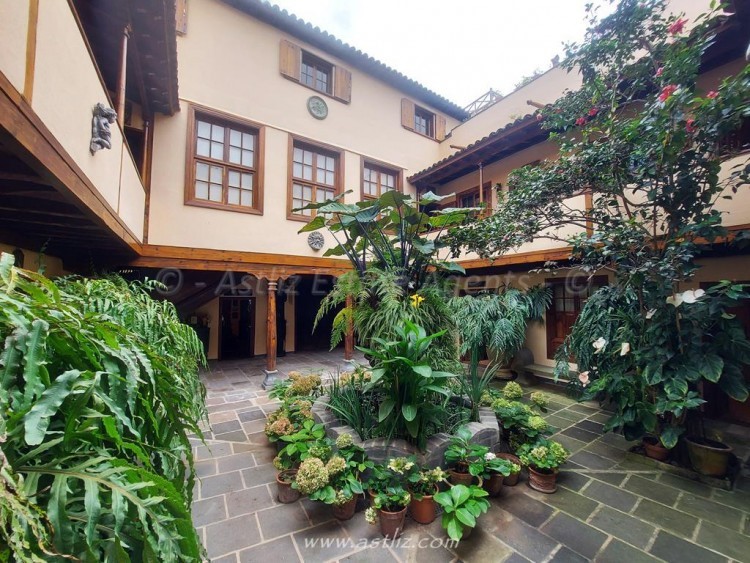
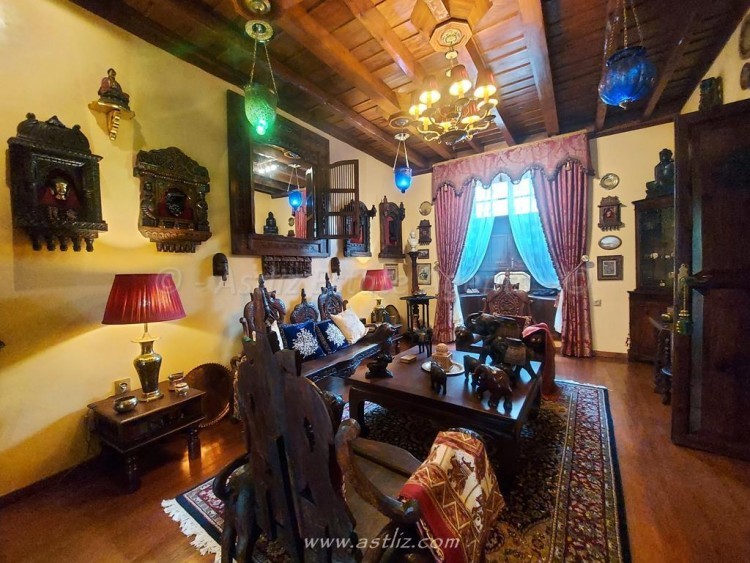
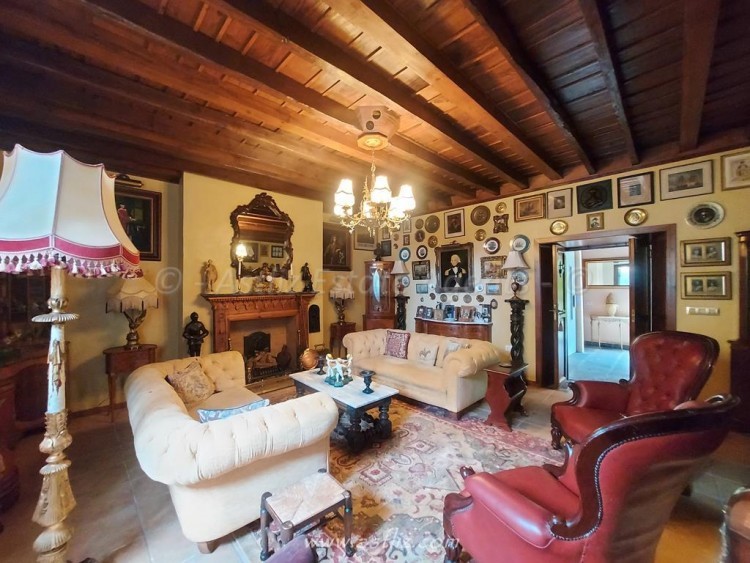
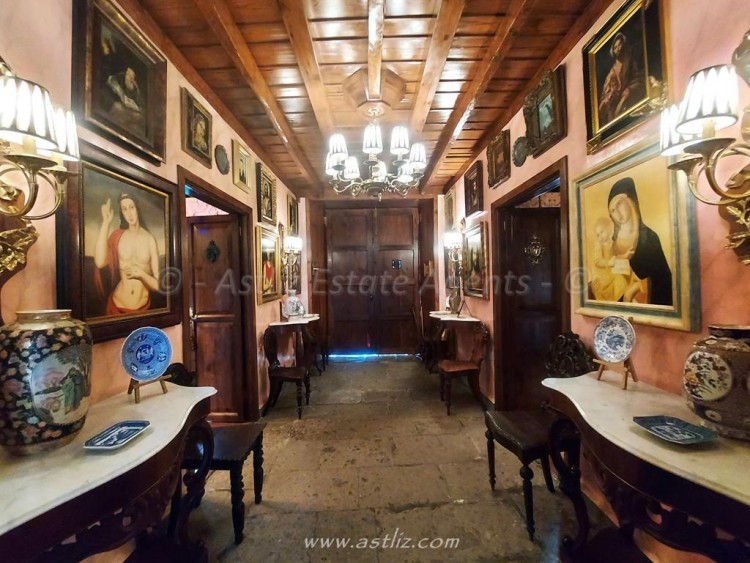
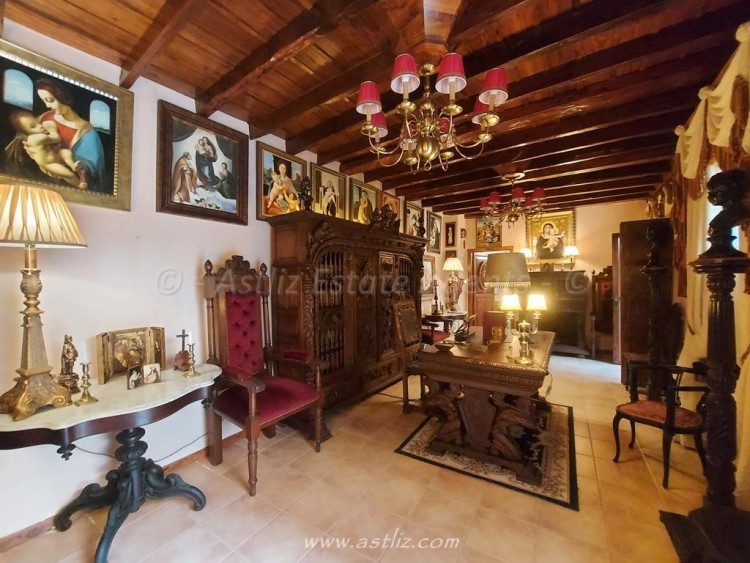
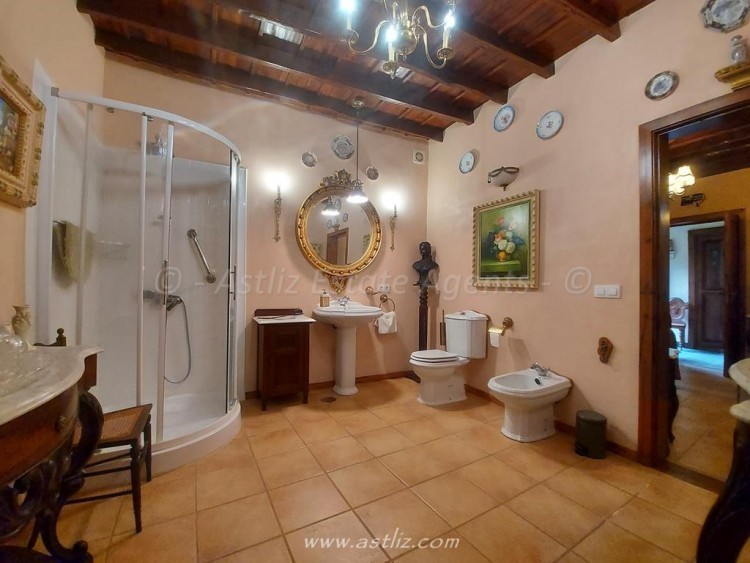
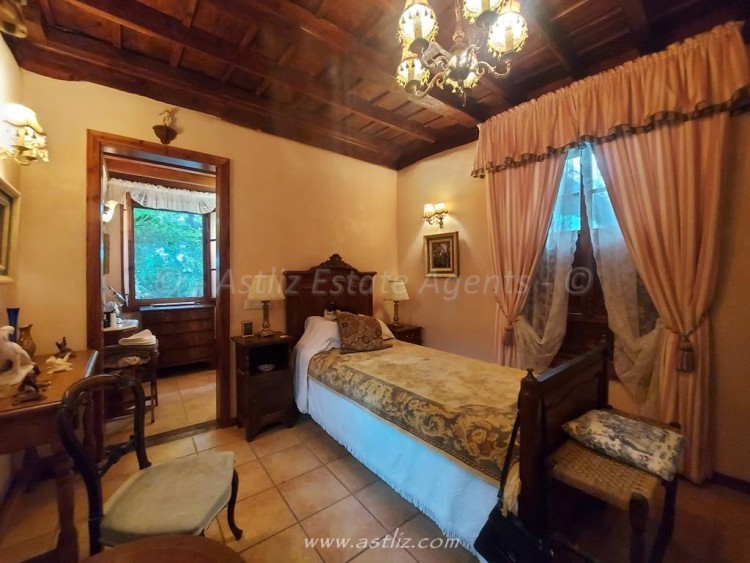

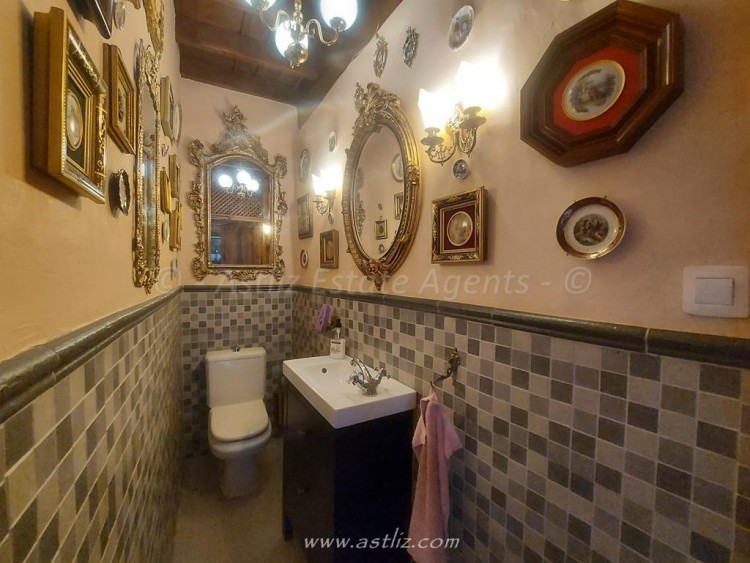
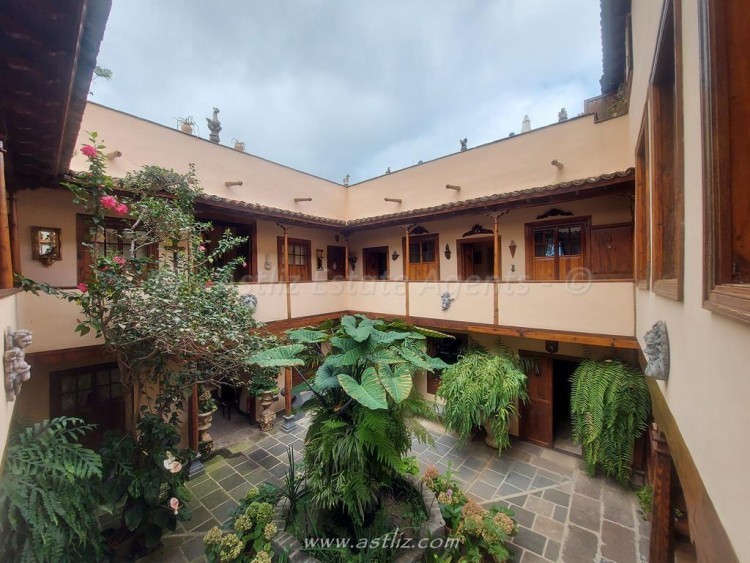
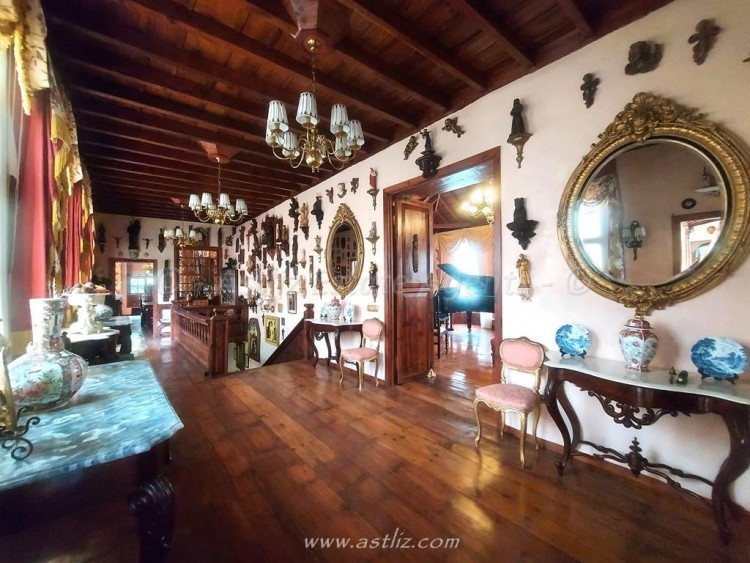
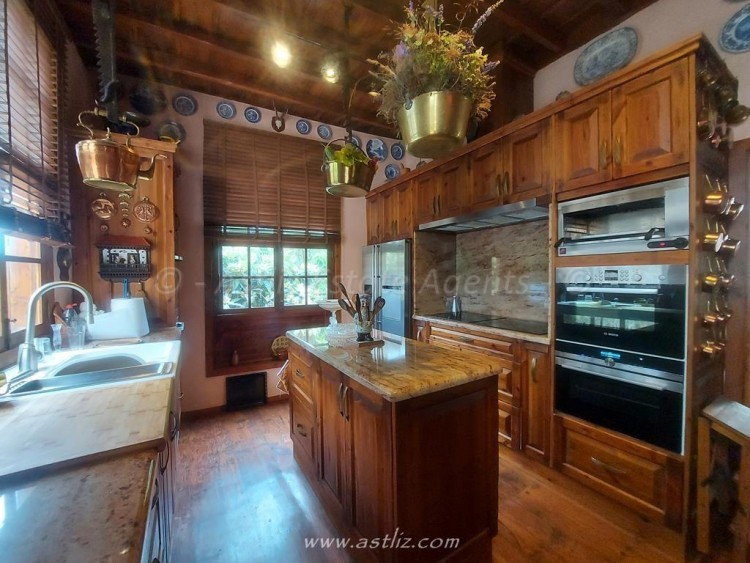

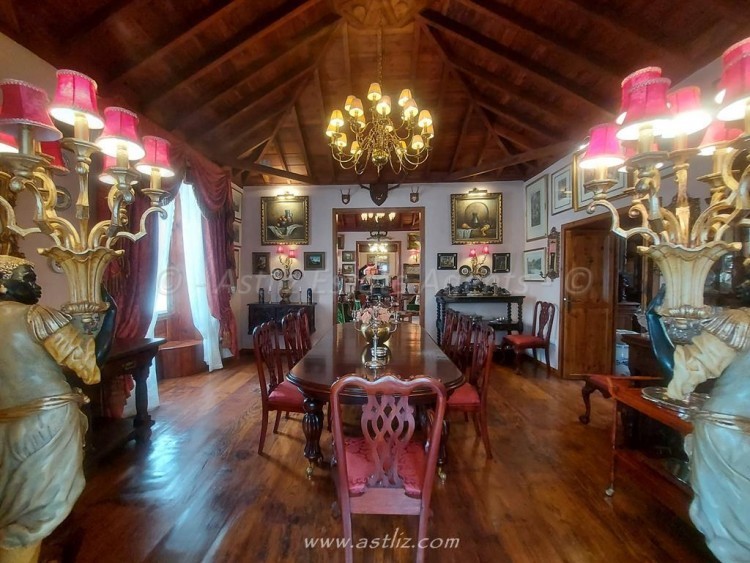
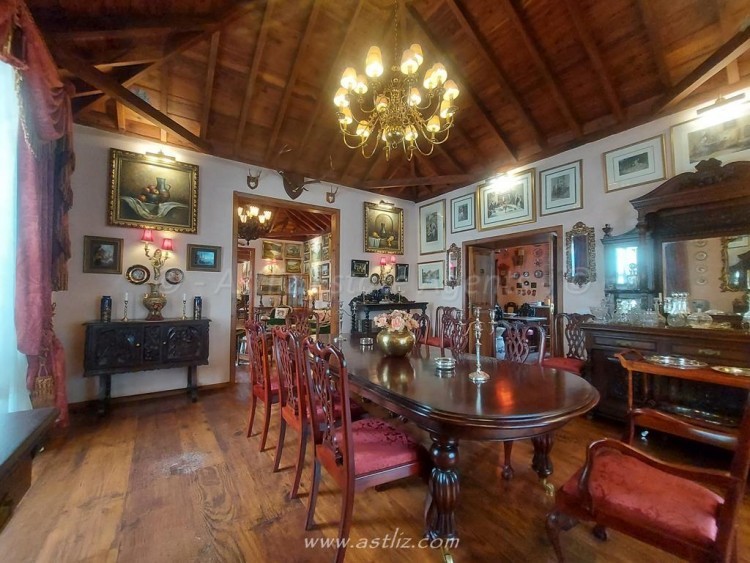
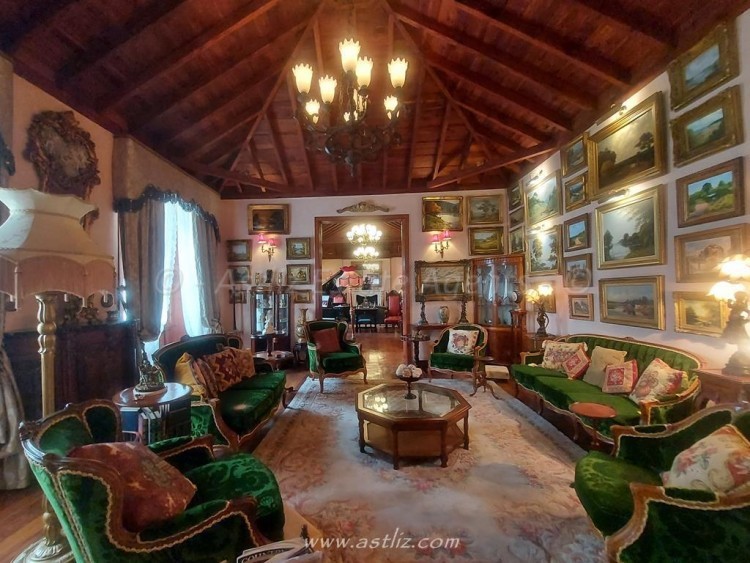
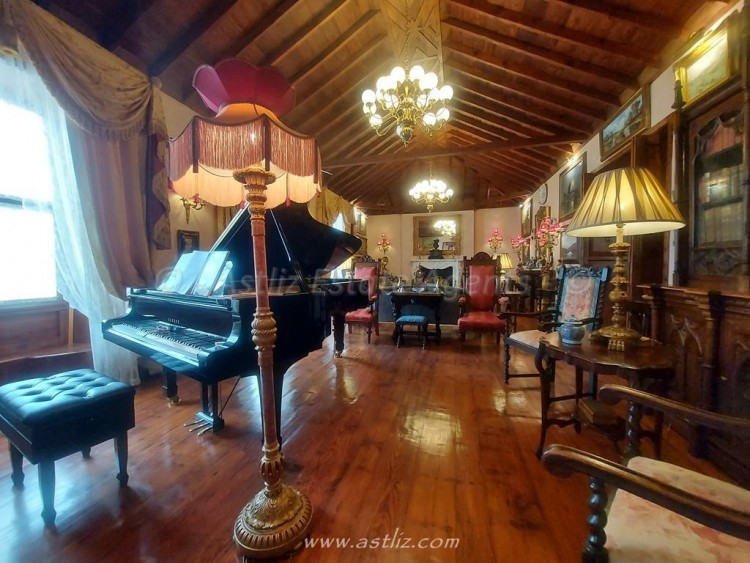
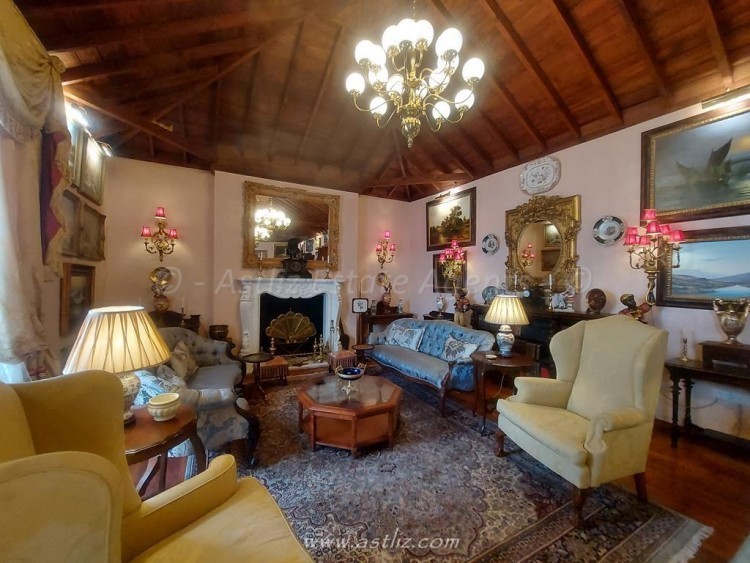
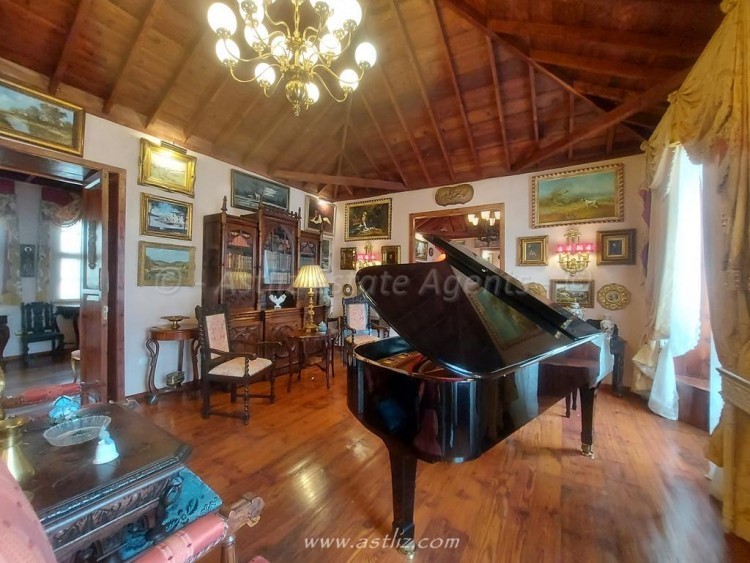
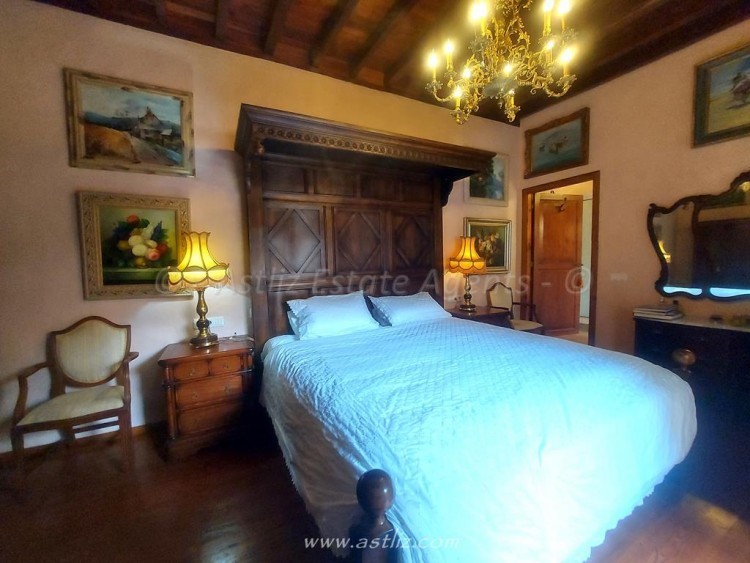
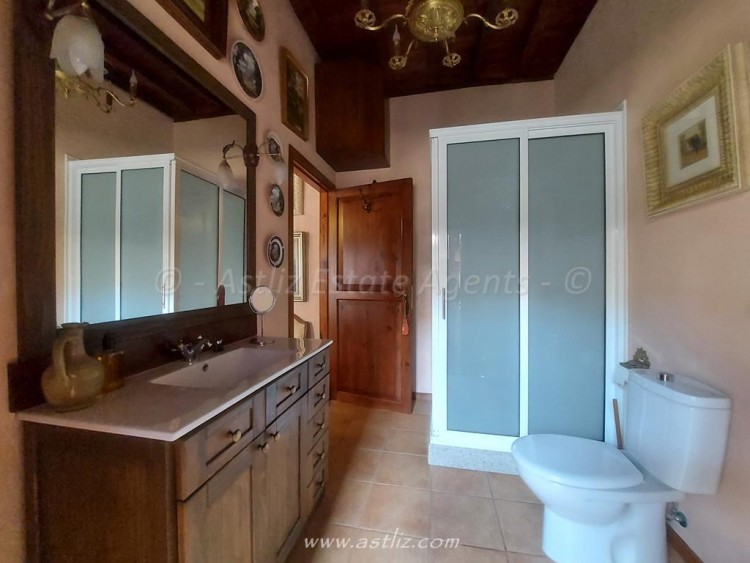
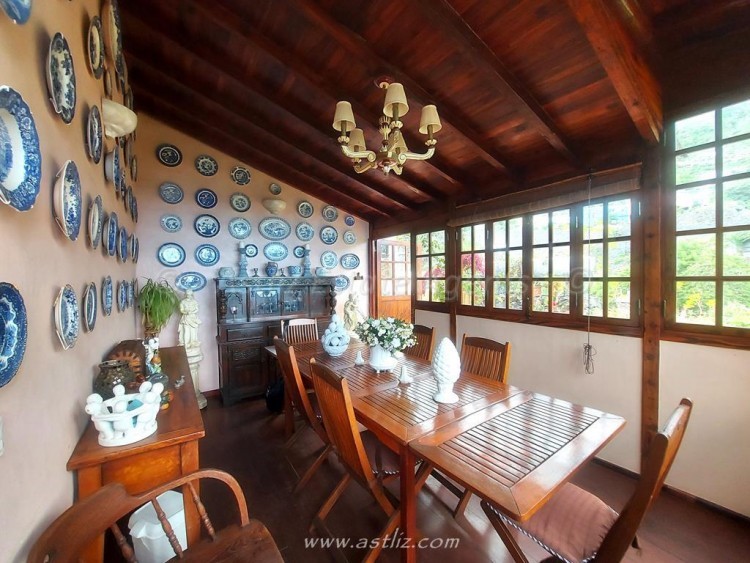

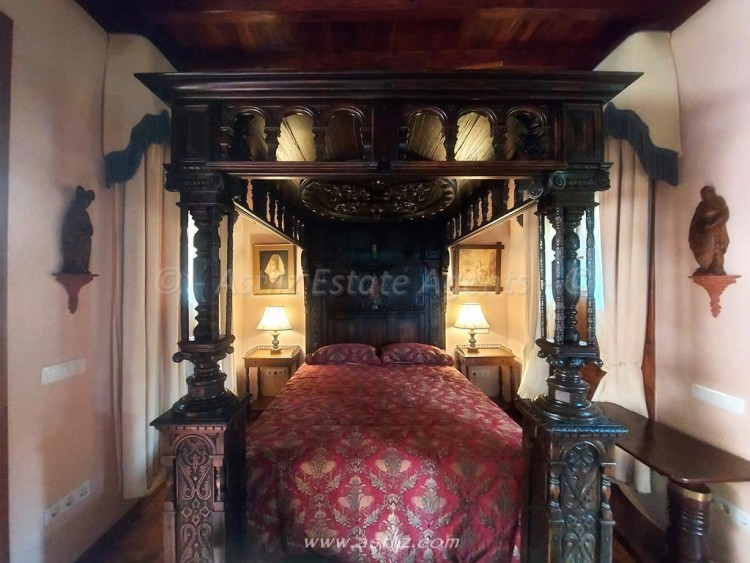
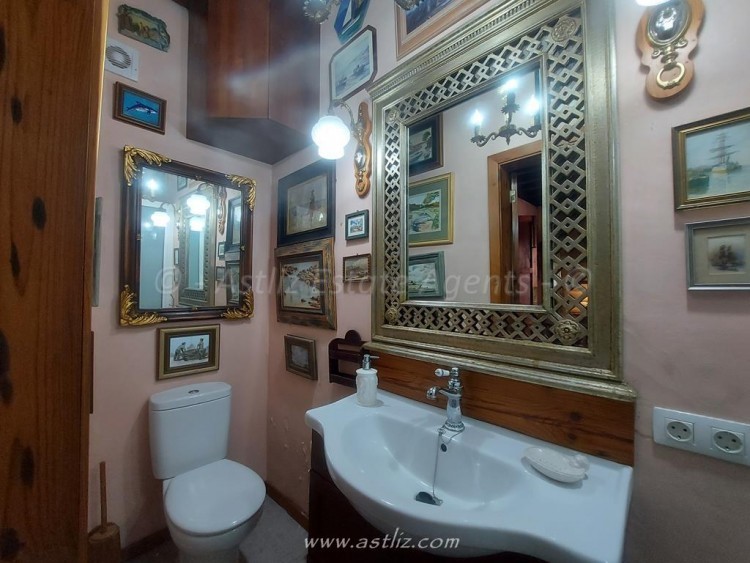

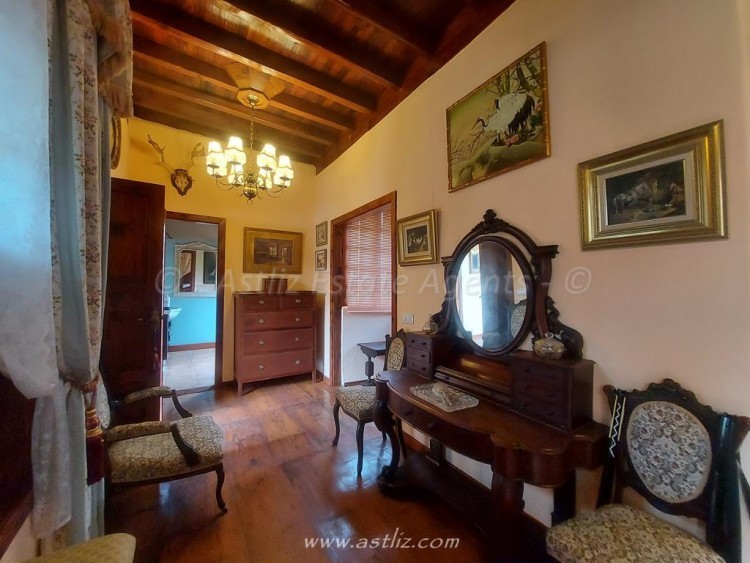


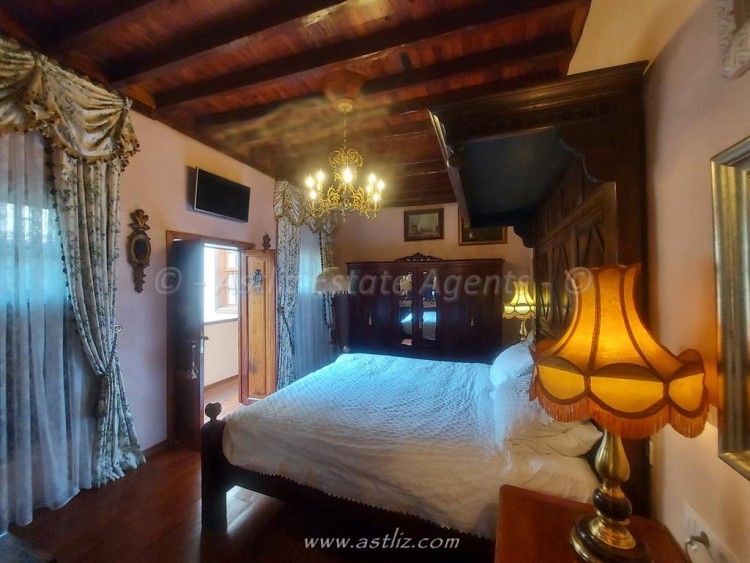


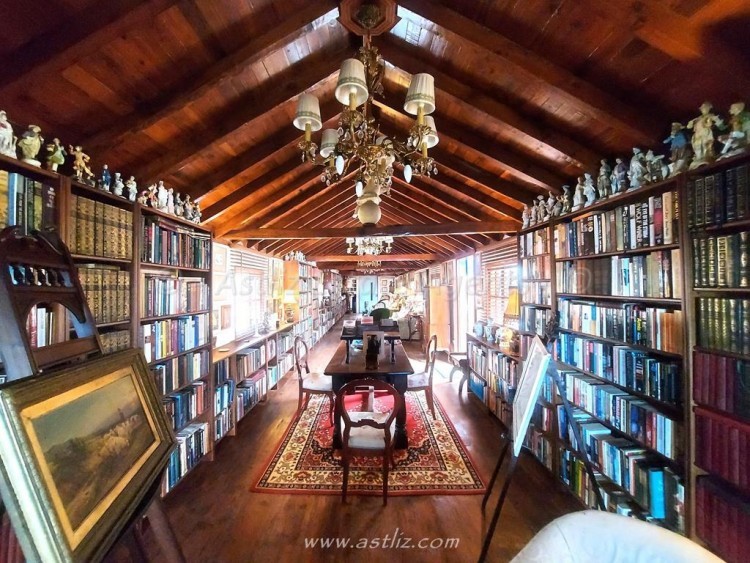
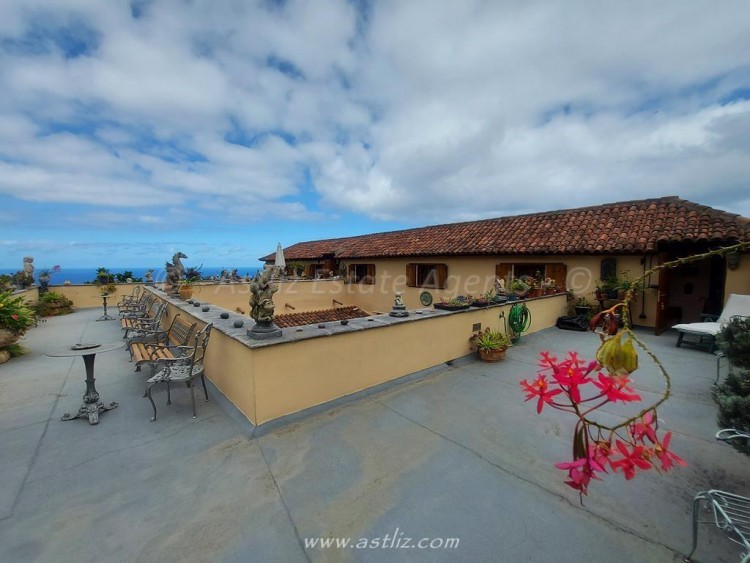
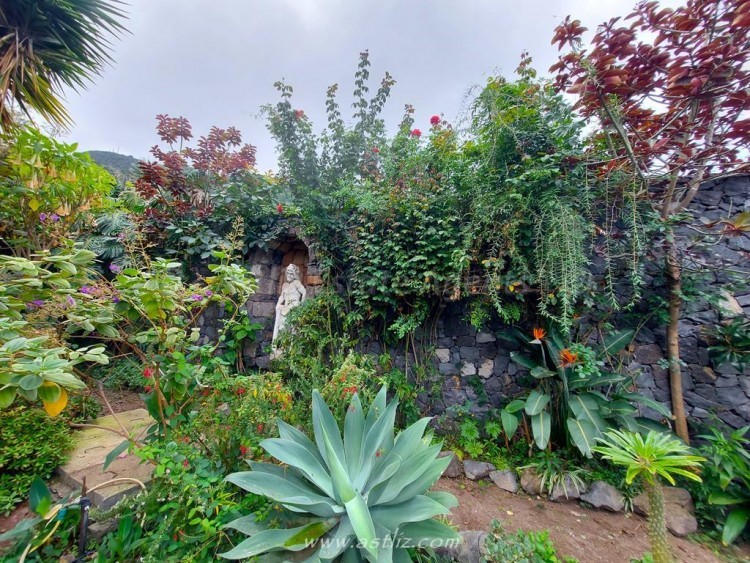
 EPC: Pending
EPC: Pending

